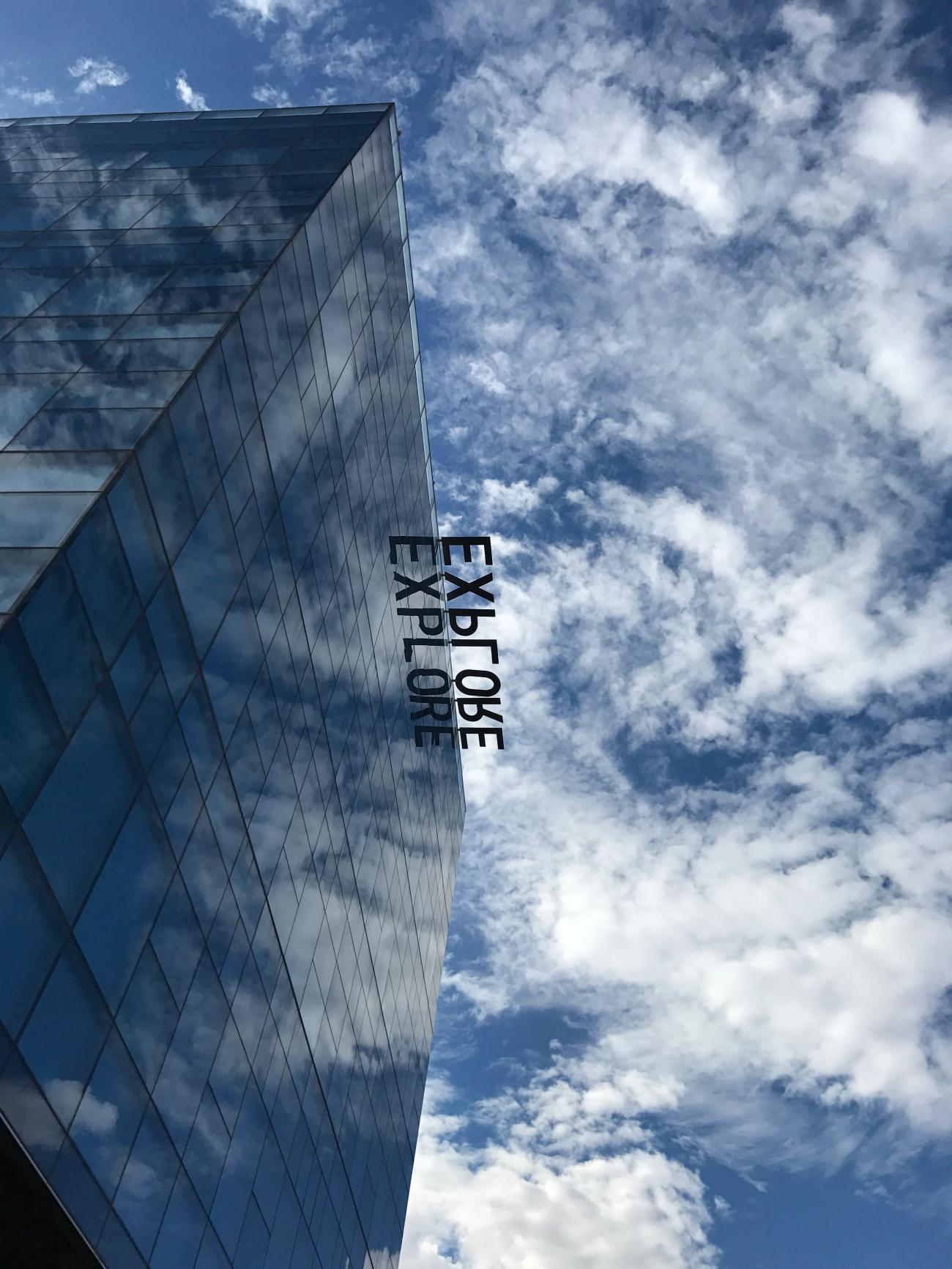Spring 2026 Colloquium Lecture Series
The Colloquium Committee of the School of Geographical Sciences and Urban Planning (SGSUP) announced its speaker lineup for the Spring 2026 semester. ASU students, staff, faculty and alumni are invited to join us in Coor Hall (Room 5536) from 11AM-12:30PM MT on the dates listed below.
- April 10 - Larissa Larsen, University of Michigan
- March 3 (3PM) Yasuhiko Azegami, Takenaka Corporation, Japan | “Impacts of Climate Change and Extreme Weather on Urban Environments and Buildings” | Learn more
- Feb. 27 - Valerie Stahl, San Diego State University | “RAD and the New Governance of Public Housing in the US" | RSVP for Zoom
- Jan. 23 - Dan Li, Boston University | “Urban Warming Driven by Anthropogenic Heat Flux"
